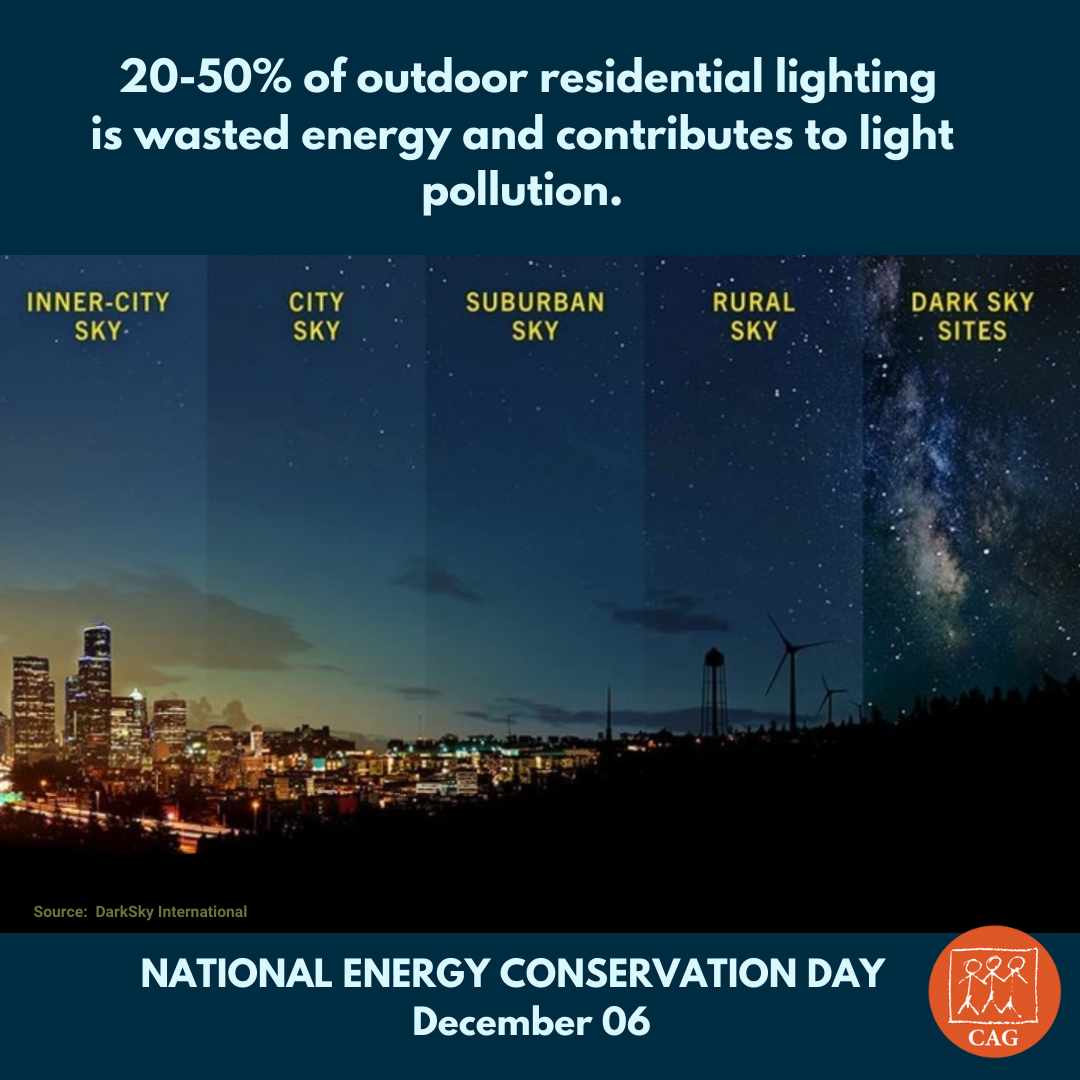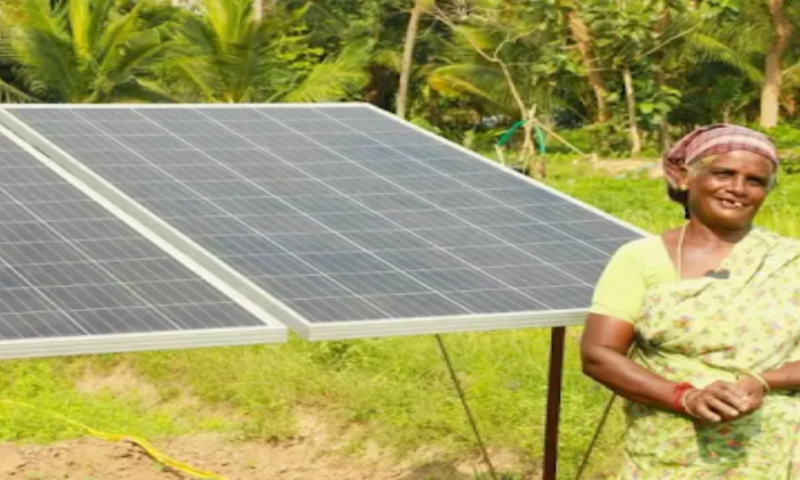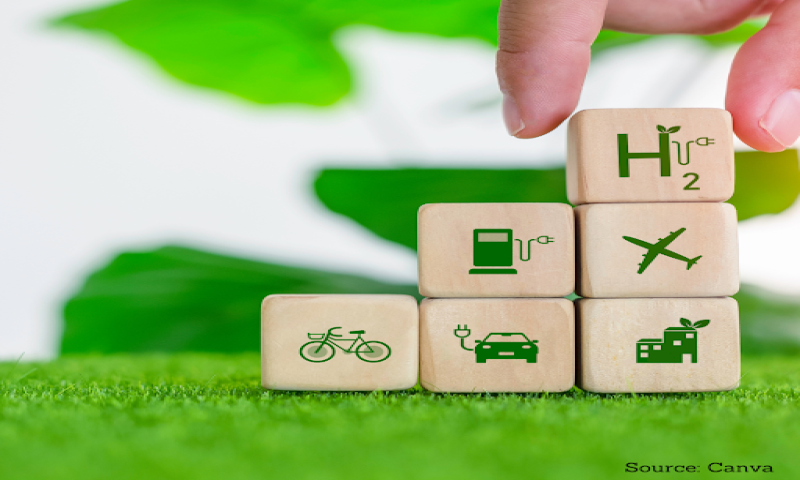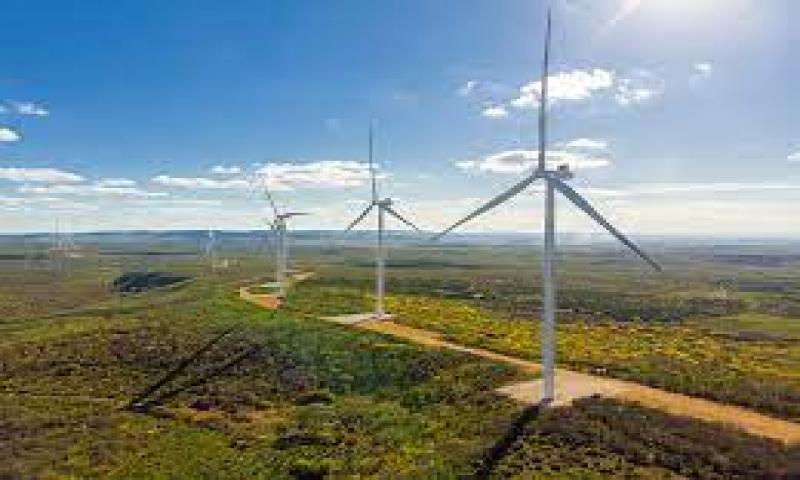renewable energy
Battery energy storage systems
Adoption of renewable energy in the country has grown rapidly in the last few years. India now has 50 % of its installed capacity from non-conventional resources, one of the targets set under Nationally Determined Contributions (NDCs) in the Paris Agreement. The transition towards a sustainable future powered by renewable energy sources can be observed in Figure 1 with very little addition of fossil fuel based power plants to the grid.
TN leads in renewable energy, time to realise solar rooftop potential
Press Release
‘TN Leads in Renewable Energy, Time to Realise Solar Rooftop Potential’: Experts On Strategies to Increase Uptake of Solar Energy in Chennai
Electricity generation mix- Renewable energy is the future!
Limitless, clean, and cost-effective—renewable energy is the future!. From rooftop solar to wind farms, renewable energy can power a greener, smarter world. Save money, secure energy, and protect the planet! #RenewableEnergy #GoSolar
Capacity Building Programme 2 | Chhattisgarh | September 2024
Citizen consumer and civic Action Group (CAG), Chennai, in collaboration with the Confederation of All India Traders (CAIT), Chattisgarh Chapter and Anmol Foundation, organized a capacity building workshop on “Electricity Saving and Renewable Energy” on 5 September 2024, at Raipur, Chhattisgarh. This workshop is part of the initiative to improve traders’ awarness of energy conservation measures and renewable energy sources, thereby accelerating the clean energy transition in India.
Alternate renewable energy sources in transportation
India is one of the fastest-growing economies in the world. While the expansion and improvement of road transport improves socio-economic development, they have also brought significant environmental challenges in India, including a sharp rise in CO2 emissions and air pollutants such as nitrogen oxides (NOX) and fine particulate matter (PM2.5).
Circular Economy - Consider these before buying a new Air conditioner
Are you planning to replace your old air conditioner? Here are some important factors to consider first.
#EnergyEfficiency #CircularEconomy #RenewableEnergy #GreenEnergy


National Energy Conservation Day 2023
Anthropogenic alteration of natural lighting by unwanted & excessive artificial illuminations is known as light pollution. It contributes to our increasing carbon footprint and upsets the ecological balance. From this Energy Conservation Day, let us make smarter lighting choices in our homes & neighbourhoods, reduce light pollution & our electricity bills.

India's energy transition and SDGs: Role of G20
The relationship between India's progress towards achieving its Sustainable Development Goals (SDGs) through our commitments to energy transition is multifaceted and complex. As India stands at the forefront of progress during its G20 presidency, there is no time like now to demonstrate to other nations how momentum during transition can be accomplished while navigating challenges such as renewable energy intermittency, substantial capital needs, and the social implications of moving away from fossil fuels.
India's energy transition and SDGs: Role of G20
India’s G20 presidency comes at both opportune and challenging times from an energy transition perspective. India has committed to moving away from its traditional dependence on fossil fuels and embracing renewable energy sources. However, this transition needs to be just and balanced; and it is not just about installing solar panels and wind turbines. It needs to provide uninterrupted and quality power to all citizens while managing the intermittency of renewable energy sources.



